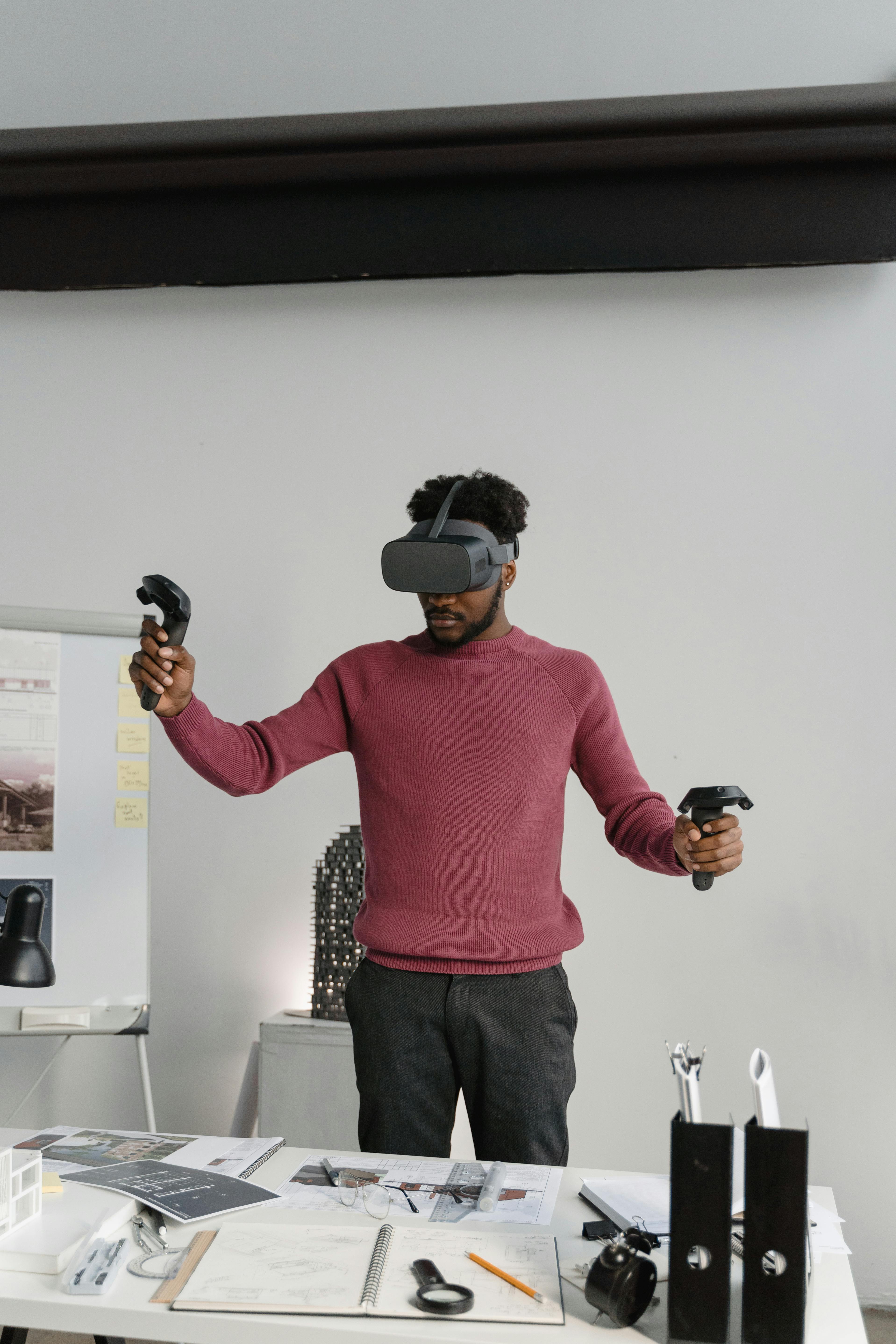challenge / opportunity
Uncover unserved user needs to inform the next iterative development phase of a VR Solution Establish measures and a data baseline to understand the effectiveness of the training experience Ensure the headset experience is accessible and easy to use in challenging environments
Client
One Shot Immersive
Format
Mixed Media
Solution
Audited the existing experience Commissioned a survey on the experience and its effectiveness Captured data using the baseline to dictate measurement and metrics, from which to inform the next steps
Outcomes
50+ trauma doctors fully trained across the VR application 450+ lives saved through improved in-field triage and trauma intervention "It's great to see VR training and triage for the developing world. Its potential impact is untold, requiring measurement and metrics to prove its value. This pragmatic approach is an inspiration to use VR for practical purposes." -Catriona Campbell — CEO, EY Innovations Lab "To have design leadership as part of the product design team, taking VR to the world's worst humanitarian crisis, was something I am truly grateful for. VR trauma training has the power to save so many lives, but product design is critical. Foolproof helped us identify ways of immersing the user more fully, allowing them to experience the chaos of a mass casualty in a safe and engaging way." -James Gough — CEO, One Shot Immersive
Overview
Next-gen medical training One Shot Immersive develops VR training experiences to improve medical and situational awareness. They have successfully delivered educational workshops on humanitarian disasters and warfare through their partnership with the David Nott Foundation, saving countless lives in the process. Auditing experiences to save lives Oversee and guide the validation of the training experience to provide essential support to medics on the frontline of the world’s most turbulent areas. This was to support local hospitals and safeguard resources in Yemen, where there was four surgeons for every million people. To provide validation, we performed a comprehensive experience audit to form recommendations used to improve product features, functionality and the user journey. This ensured that the product was intuitive and met the needs of both medical trainers and trainees. Assessing the experience with frontline personnel In phase two, we interviewed doctors across sites to measure the engagement and confidence levels of users. Initially, the testing focussed on headset configuration and messaging. We asked questions to determine whether the instructions were clear and easy to follow, and without having to troubleshoot. We then assessed the headset’s VR environment. which offered a lifelike experience based on a live war zone. One user consideration, taking the graphic content into account, was motion sickness and discomfort. Another centred around learning and whether the content delivered on that front. We tasked participants to distil their learnings, touching on the retention of information and documenting their psychological response to the headset and content experience. In time, this data informed an expert review. This provided One Shot Immersive with the means to measure the effectiveness of the headset and make iterative improvements over time. Yemen and beyond One Shot delivered training workshops to doctors and medical personnel, in both Yemen and Syria. This was just the start of a global initiative, which quickly gained international traction. The experience expanded into Somali for further testing and development.



